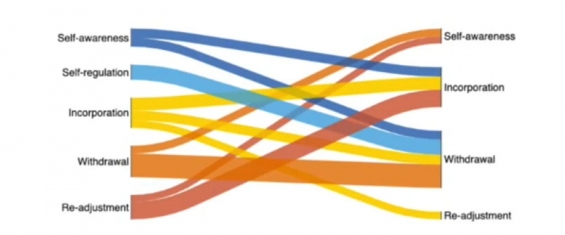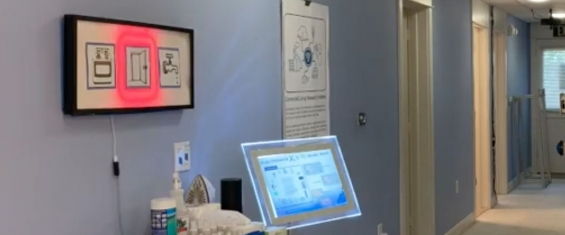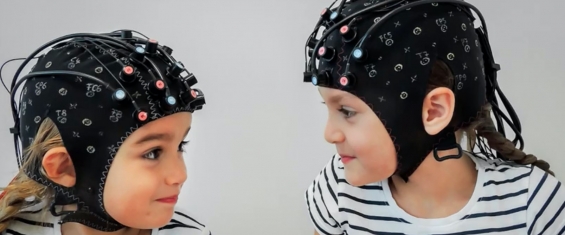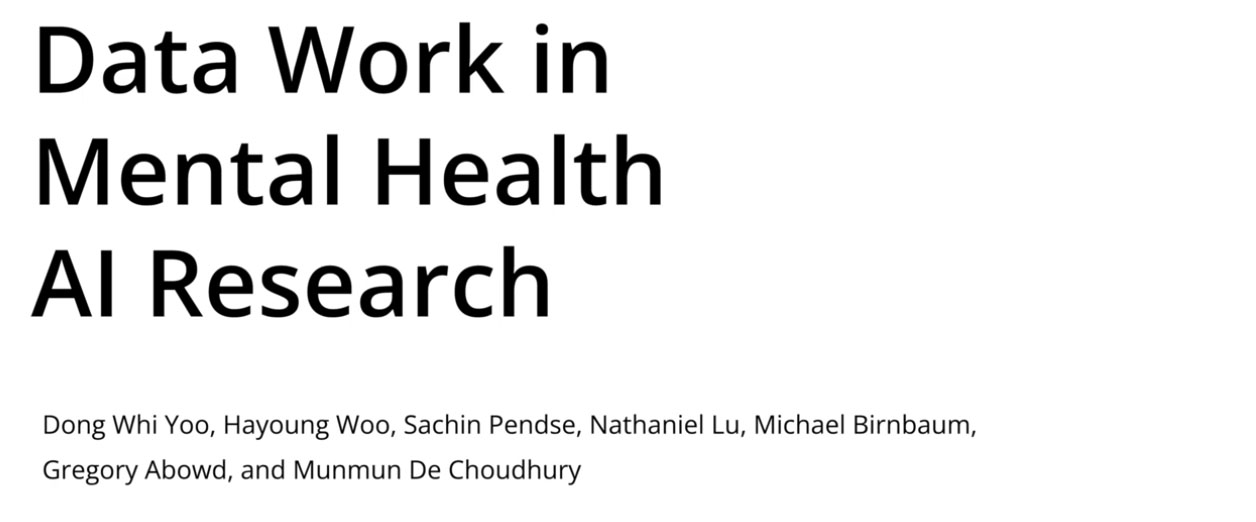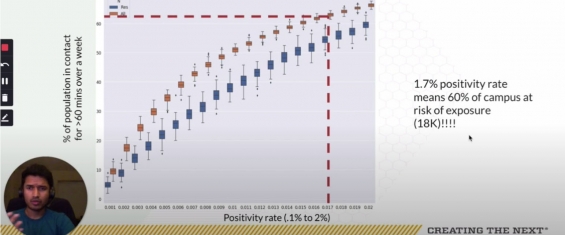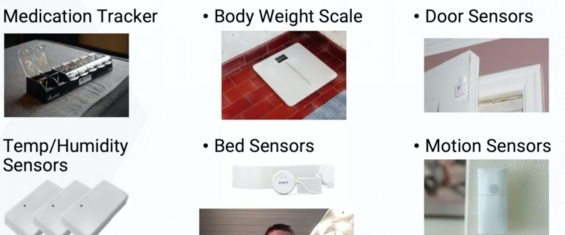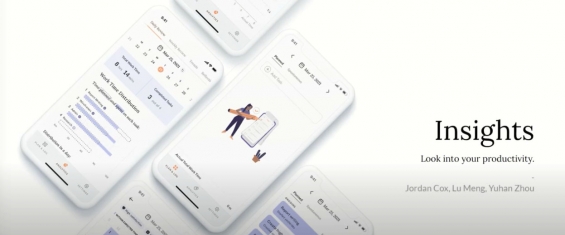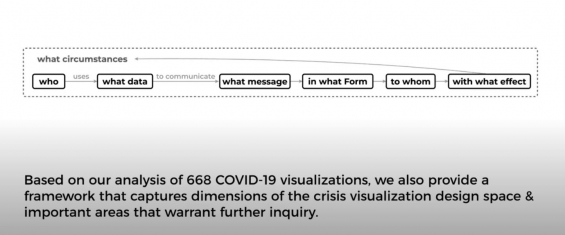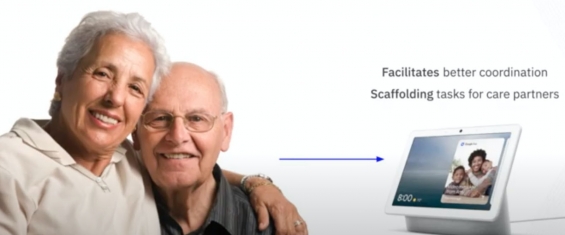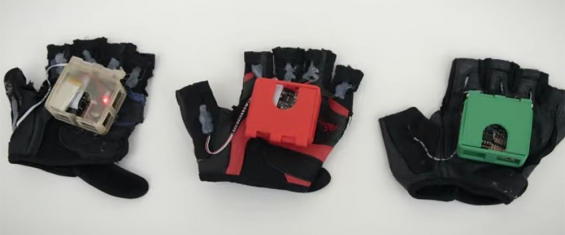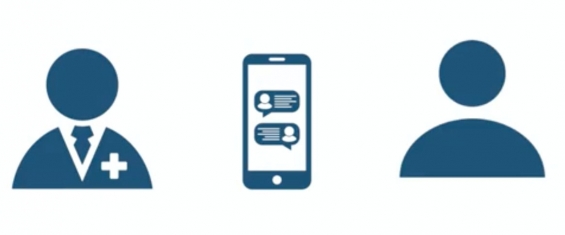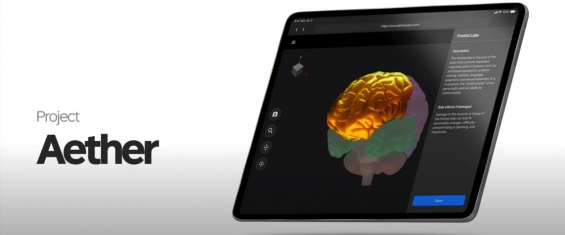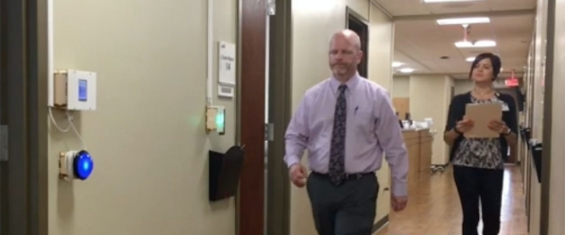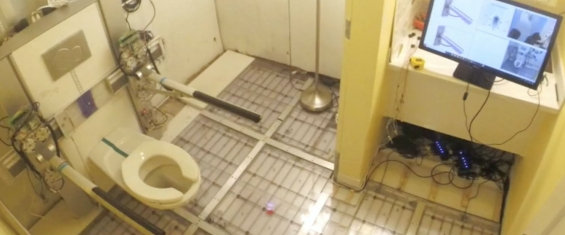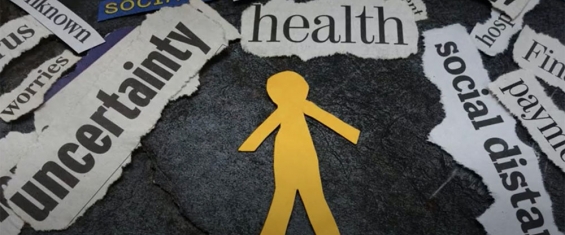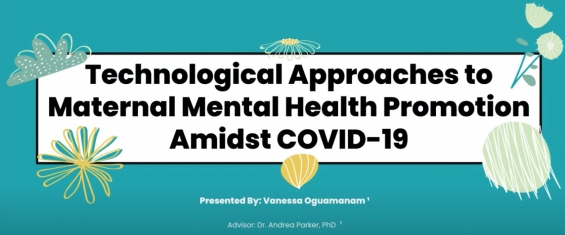
Health informatics is an evolving specialization that links information technology, communications and healthcare to improve the quality and safety of patient care.
Back to Main »
Improving the well-being of people with mental illness requires not only clinical treatment but also social support. This research examines how major life transitions around mental illnesses are exhibited on social media and how social and…
No matter what age we are, we have likely forgotten to turn off the stove or oven, iron, heater or even water. Forgetfulness can lead to serious events that may result in costly damage to the home or even injury or death. Older adults are more…
This project, the winner of the 2020 EmPOWER Air Data Challenge from the US EPA creates an online tool for exploring relationships between coal power plant emissions, wind currents, and local health impacts.
Most high-speed non-invasive BCI typing systems require intense visual attention and feedback. BrainBraille investigates a more open-loop approach similar to touch typing. BrainBraille enables communication at 20 characters per minute (cpm) by…
Georgia Tech is developing two online tools to help employees with disabilities and their employers figure out what types of accommodations (e.g., assistive technologies, strategies, universal features) might help them perform their jobs. Work…
Recently, Artificial Intelligence (AI) and adjacent areas (eg, big data) have led a rapid advancement not only in computer science but also various other areas (eg, health). To broaden the impact of AI technologies, more data scientists are…
The Covid-19 pandemic has certainly caused a lot of disruption in how universities operate. Proactive campuses use a combination of testing, tracing, and encouraging safe practices to contain infectious spread while still maintaining some…
As part of the Cognitive Empowerment Program, our team in the Everyday Computing Lab uses in-home technology to learn more about Mild Cognitive Impairment and how it affects adults.
We were inspired by the COVID-19 pandemic, in which a lot of people work remotely or design their own work schedules. While flexibility is good, it is also accompanied by people being unsure of their actual productivity. So we wanted to help…
In response to COVID-19, a vast number of visualizations have been created to communicate information to the public. Information exposure in a public health crisis can impact people's attitudes towards and responses to the crisis and risks, and…
We aim to understand how conversational agents such as the Google Home can be used to help members with Mild Cognitive Impairment and their care partners in adhering to their medication routines with the help of scheduling features of the Google…
Our Passive Haptic Learning gloves teach the "muscle memory" of how to play piano melodies without the learner's active attention. These gloves can also help wearers recover sensation in their hands after a traumatic event, such as a partial…
Previous studies have revealed that mental health patients share their social media with their clinicians during consultations. They explain what they posted or what they saw on social media or show the content using their smartphones. However,…
Project Aether focuses on bridging the knowledge gap brain tumor and peak anxiety brain tumor patients experience after their initial diagnosis. As a tablet application, it comprises a patient workspace for consolidating information relating to…
Multiple studies have shown a consistently strong association between gait speed of frail older adults and negative functional (e.g., survival) and activity outcomes. However, health care professionals have been slow to measure this physiologic…
The needs and abilities of people who are aging with progressive chronic conditions, such as MS, Parkinson's, ALS and Arthritis fluctuate from day to day. Yet, even when they have supportive AT, such as grab bars, to compensate for functional…
Psychosocial Effects of COVID-19 Pandemic
As the COVID-19 pandemic causes models of healthcare to rapidly shift and as it introduces widespread economic and social stressors, there is a vital need for innovations that help expecting women and new mothers manage their mental health. We…

